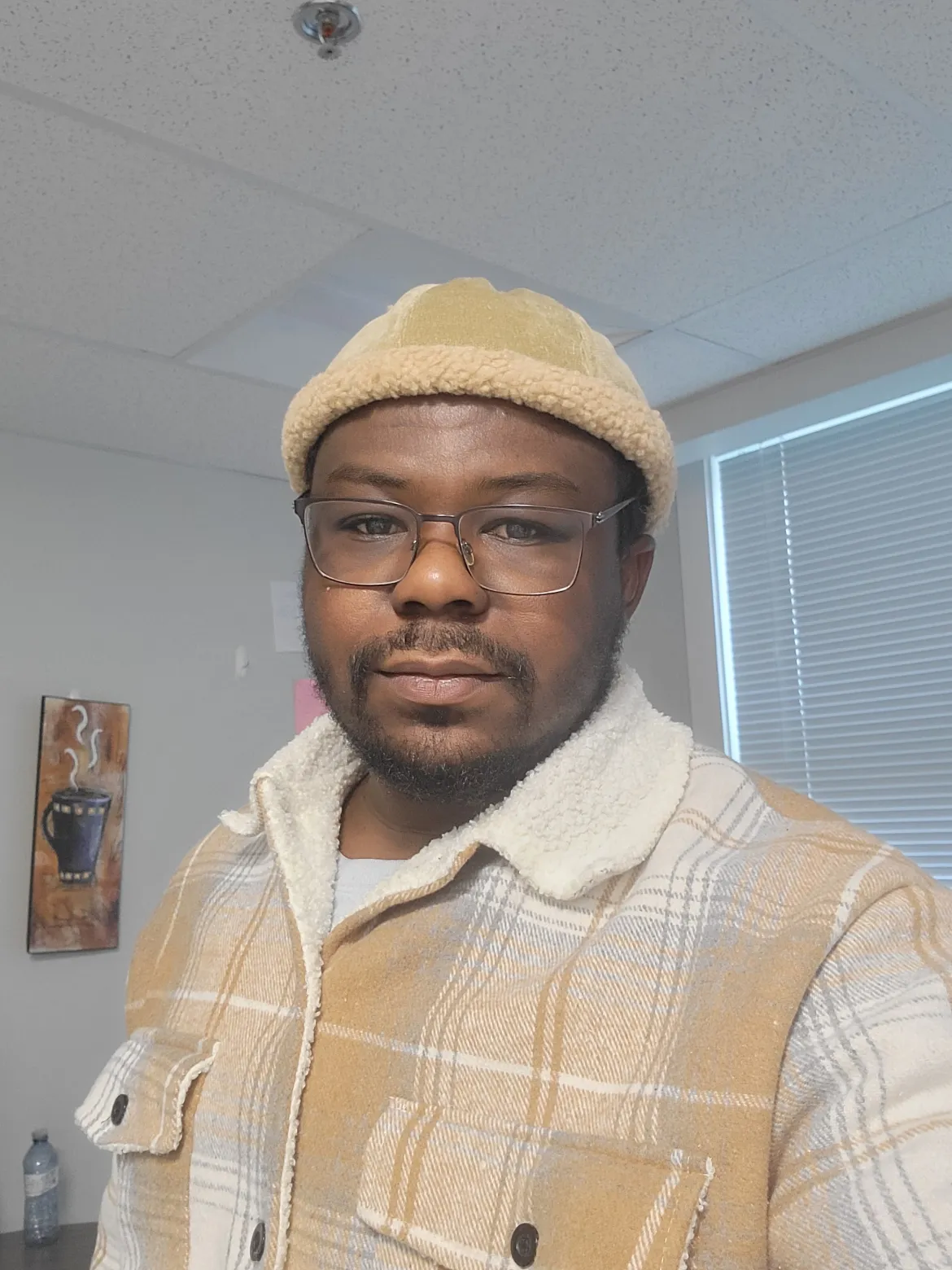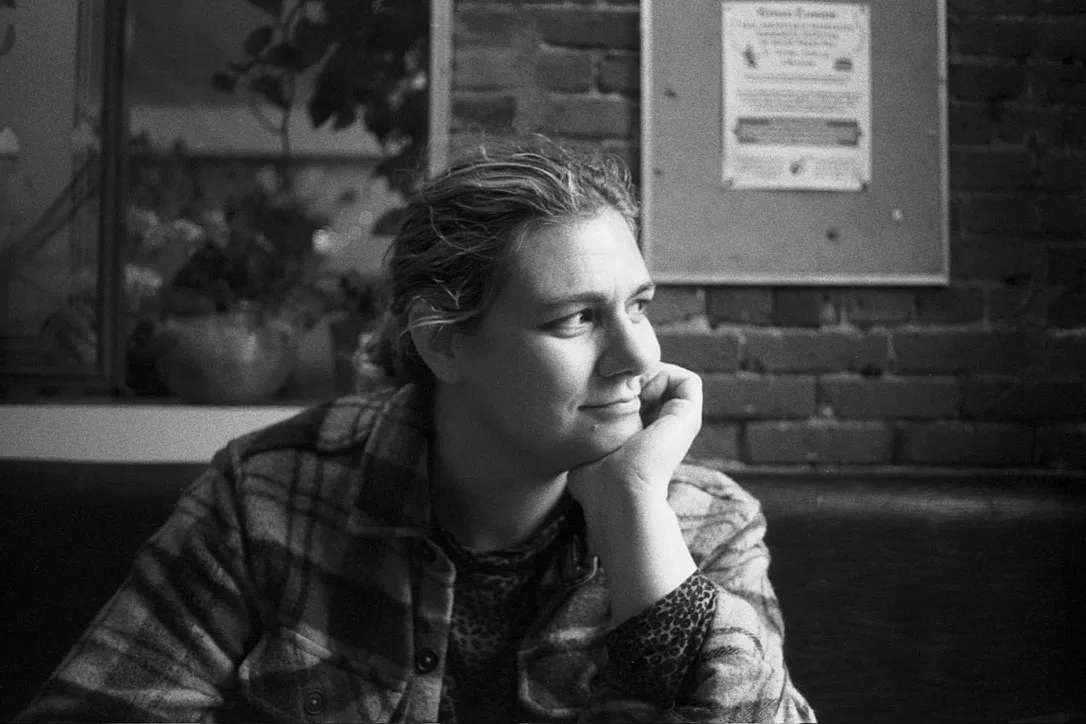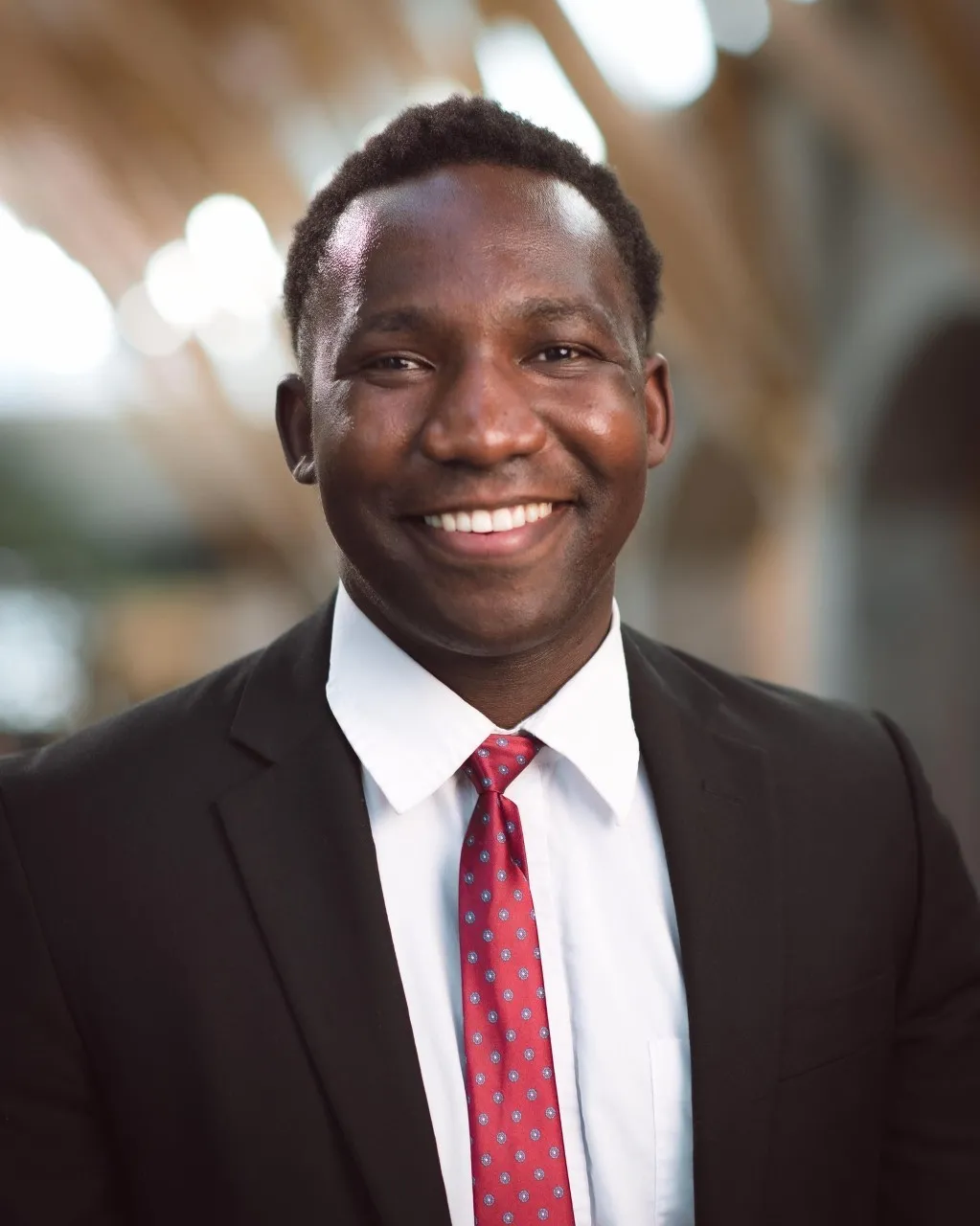
Richard Darko (MA Development Economics, 2019)
PhD Student, Natural Resources and Environmental Studies, UNBC
“My passion for studying economics began with a deep curiosity about how economic systems impact daily life and long-term development.”
Richard Darko graduated from UNBC’s MA Development Economics program in 2019. His journey into economics was sparked during his undergraduate studies at Kwame Nkrumah University of Science and Technology, where he became committed to understanding how institutions and policy drive growth and structural transformation. That commitment led him to UNBC, where he was able to explore these themes in both theory and practice.
One of the highlights of his time at UNBC was his thesis on fiscal policy and income inequality in developing countries. He found it deeply rewarding to apply class theory to real-world data and to work closely with professors who brought both academic depth and practical insight:
“Collaborating with my professors… helped me sharpen my analytical skills and deepen my understanding of development economics.”
Richard now applies that training in his PhD research in economic geography, focusing on the spatial dimensions of development, regional disparities, and sustainable resource management.
“The analytical tools and policy frameworks I studied during my MA have been invaluable for exploring how geography and economics intersect.”
Looking back, Richard says the most valuable lesson from the program was learning to critically examine economic theory and its assumptions, particularly when applied to developing economies.
“It’s a mindset I now carry with me whenever I analyze development challenges or assess potential interventions.”
To students considering the program, he offers a strong endorsement:
“The program offers a solid mix of theoretical grounding and practical application… What really stood out to me was the supportive learning environment and the opportunity to work closely with faculty who are not only knowledgeable but genuinely invested in their students' growth.”

Sara Enns (MA Development Economics, 2020)
PhD Candidate, University of Victoria
“Before my master’s at UNBC, I never thought I would do a PhD. The program reinspired my love of economics and gave me the confidence to pursue more education.”
Sara graduated from UNBC’s MA in Development Economics in 2020 and is now pursuing a PhD in Economics at the University of Victoria. Her interest in the field was sparked in high school after reading a book on economics and its potential to address global poverty and inequality.
“I was hooked!”
At UNBC, Sara found the intellectual experience deeply rewarding—both in and beyond the classroom.
“I loved learning about different philosophical frameworks for studying economic development, poverty and inequality… and taking courses across disciplines.”
She also cherished the natural and cultural life of Prince George, enjoying everything from seminar discussions to hikes and live music.
Reflecting on the program’s value, Sara says:
“I think constantly about the things I learned… from solving constrained optimization problems to considering post-development philosophies and doing mock trade negotiations.”
Sara credits the MA program with opening the door to further academic work and giving her a strong foundation in theory, research, and critical analysis.
To future students, she offers this advice:
“UNBC offers a vibrant and intimate program that will develop strong skills for various careers. It’s always a good time to learn more about how the economy functions.”

Emmanuel Ogwal (MA Development Economics, 2020)
Director of Economic Development, Lake Babine Nation
"I am forever thankful for this program at UNBC that guaranteed consistency in my studies."
Emmanuel Ogwal, a 2020 graduate of the MA in Development Economics program at UNBC, is currently the Director of Economic Development at Lake Babine Nation—British Columbia’s third-largest First Nation government. His path to UNBC began in East Africa, where he first encountered economics through the advanced "A" Level High School Program in 2009. From the outset, Emmanuel was drawn to the field’s potential to “contribute positively to humanity” by integrating economics with mathematics, statistics, and computer science.
His time at UNBC was marked by academic rigor and meaningful mentorship. Emmanuel pursued the thesis-based MA track, an experience he describes as transformative:
"The program was very interesting with access to renowned world-class professors and instructors in the field."
He credits the small class sizes and close-knit academic community for a rich learning environment that extended well beyond the classroom:
"The optimal ratio of students to instructors allows more one-on-one interactions… contributing to increased and improved efficiency in learning."
The program’s practical focus shaped his professional trajectory. Emmanuel highlights the skills he gained—data analytics, research, negotiation, multi-stakeholder engagement, and communication—as critical to his current leadership role. His MA thesis research, conducted in collaboration with the Canadian Research Data Centre Network (CRDCN) and Statistics Canada, gave him early exposure to high-level policy analysis and positioned him for success.
Beyond academics, Emmanuel made the most of his UNBC experience by participating in Global Friday Symposia, working as a Teaching Assistant, and engaging in on-campus employment, all of which enhanced his Canadian professional experience.
“The professors and teaching assistants are always very supportive and willing to guide and mentor students... not only in the MA and undergraduate programs but also later in their chosen career fields.”
For students considering the program, Emmanuel’s advice is clear:
"UNBC is the right choice for the Economics Program... It offers countless amazing opportunities for students to excel."